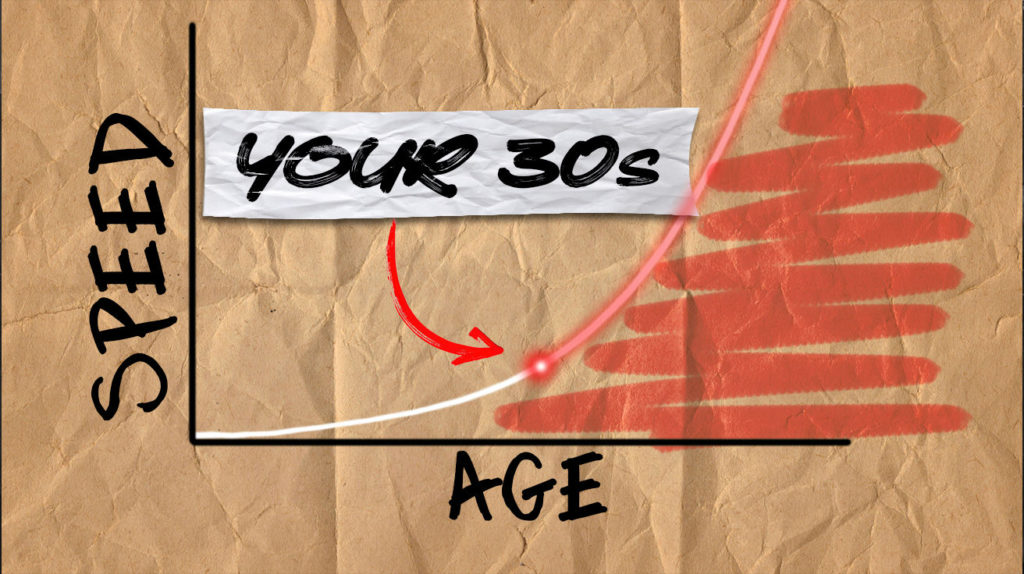
The subjective nature of time perception offers a hidden superpower most people never harness. Understanding this phenomenon empowers you to master your moments, not just manage them.
Uncover techniques to slow your reality. Boost your productivity through strategic methods. Create lasting memories with proven approaches. A more fulfilling existence awaits when you navigate temporal flow intentionally.
7. Time Distortions and Skydiving Study
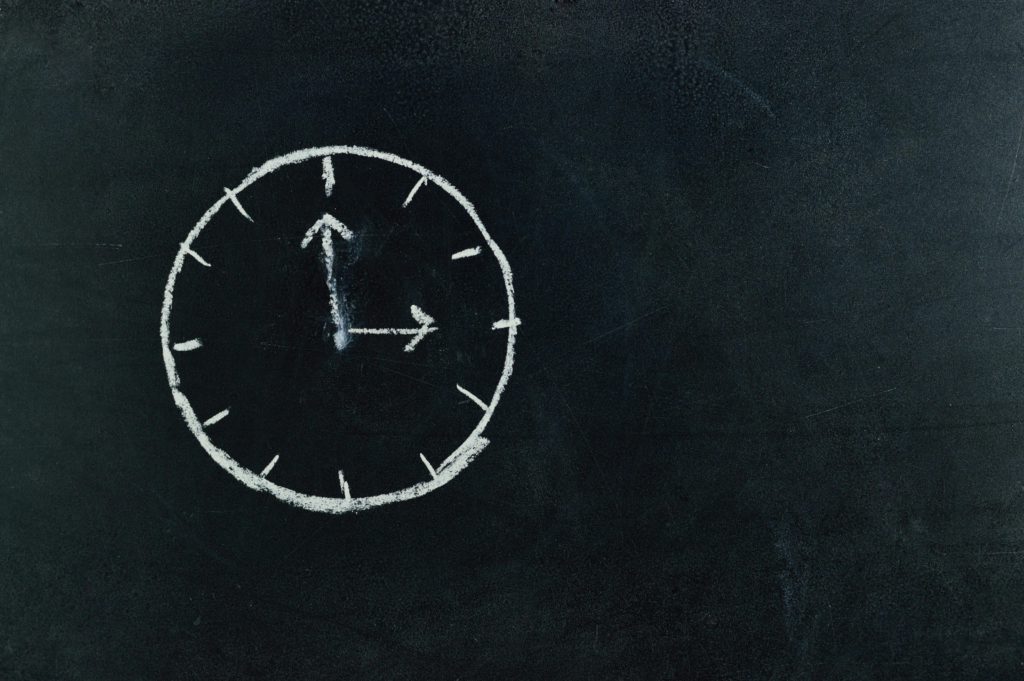
During a near-miss accident, have you noticed seconds stretching into what felt like minutes? Your brain demonstrates remarkable chronological warping abilities under stress. Studies confirm fear elongates perceived duration while excitement compresses it.
Skydiving research captured this phenomenon perfectly. First-time jumpers reported significant temporal dilation during freefall as their brains processed sensory input differently. Fear activated adrenaline, immediately heightening all senses.
Excitement transforms this experience, making hours vanish in moments. Athletes in flow states lose track of time completely. Boredom does the opposite—stretching seconds into seemingly endless intervals.
Your emotional state directly controls your brain’s chronological dial—mastering this connection gives you power over how your moments unfold.
6. Age and Time Perception
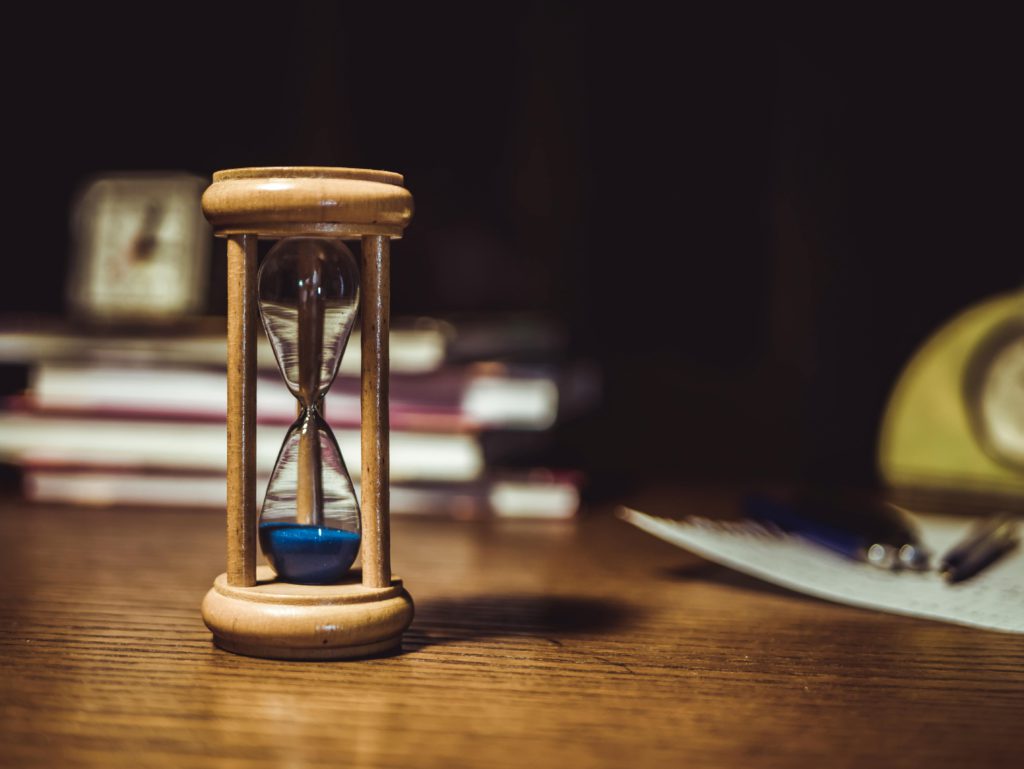
Our psychological calendar accelerates as birthdays accumulate—a phenomenon 500 participants from teenagers to nonagenarians confirmed in landmark research. Young adults consistently report years accelerating as they mature.
Interestingly, those beyond 50 describe a more stable relationship with temporal flow, revealing an unexpected plateau effect. Neuroscientists attribute this leveling to specific brain changes affecting chronological processing as we age.
The findings unlock powerful strategies for combating age-related time compression. Want to slow down your perception of passing years? Deliberately seek novel activities regardless of your current life stage.
5. The Holiday Paradox
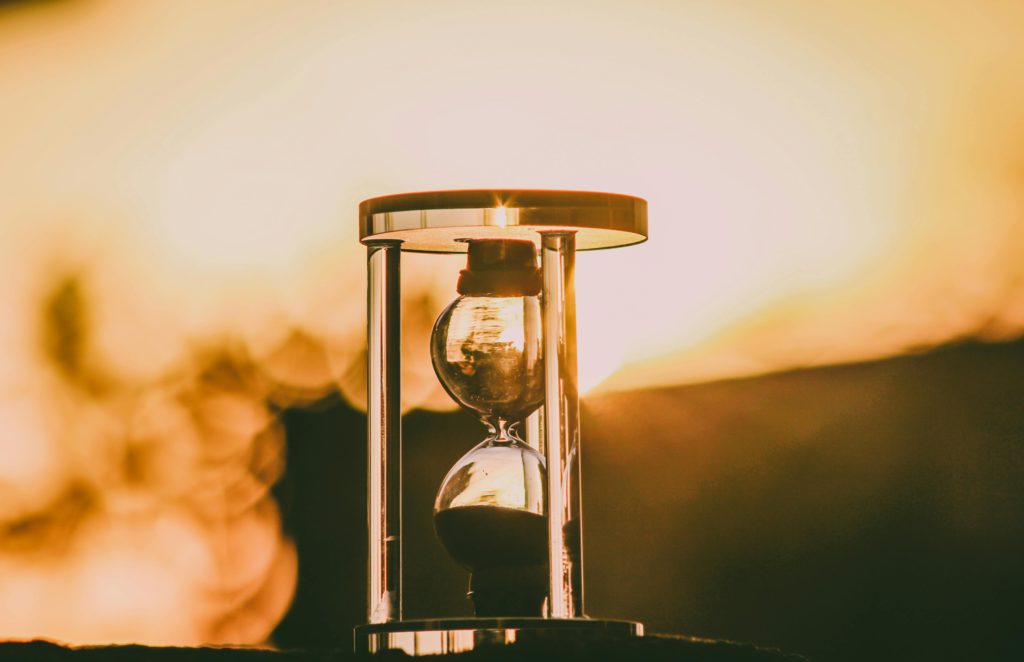
Ever notice how boring moments drag endlessly but vanish from memory, while vacations speed by yet feel substantial in retrospect? Hammond’s groundbreaking book Time Warped investigates this “Holiday Paradox” that shapes our lives.
Airport delays feel eternal in the moment, yet memorable vacations seem to disappear instantly. Paradoxically, those same vacations expand in our memory, feeling longer and richer over time.
This happens because your brain prioritizes emotionally significant moments, creating memory anchors that expand perceived duration. The research reveals a powerful life strategy: deliberately create memorable moments to extend your subjective timeline.
When planning your next vacation, alternate structured activities with free exploration to create journeys that maximize both immediate enjoyment and rich, lasting memories.
4. Anchors of Novelty: Routine vs. Non-Routine Task Study
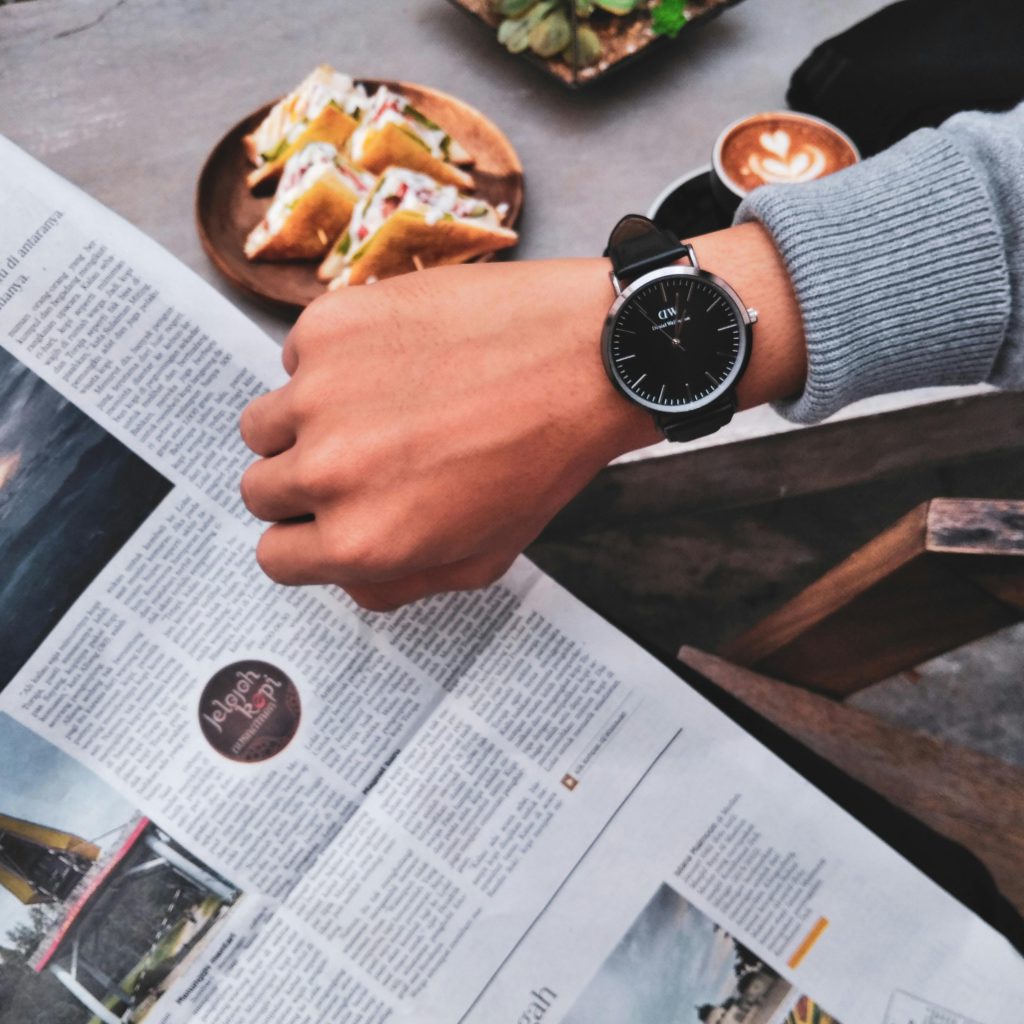
APA researchers discovered that fresh experiences expand your sense of duration by a remarkable 25% when comparing routine versus novel activities. The numbers tell a compelling story.
Participants performing familiar tasks estimated durations of just 129 seconds, while those engaged in novel challenges perceived identical periods lasting 1068 seconds—over eight times longer!
Transform your routine today: take an unfamiliar route to work, sample cuisine at a new restaurant, listen to new music such as country’s greatest guitarists or learn a skill you’ve never tried before. These small deviations from habit create powerful temporal landmarks that literally stretch your perception of life’s duration.
3. Anchors of Reflection: Journaling and Photography

Simple reflection practices create powerful memory anchors that combat temporal blur. Award-winning storyteller Matthew Dicks recommends capturing each day’s most meaningful moment in a single sentence—a practice that dramatically enhances memory consolidation.
Visual documentation works similarly. Modern cameras that geotag and timestamp images preserve contextual details that would otherwise fade. These technological tools extend the psychological benefits beyond what memory alone can achieve.
Can’t remember what happened last month? A daily 60-second reflection ritual establishes cognitive anchors that expand your subjective experience, transforming forgettable days into a rich tapestry of meaningful moments.
2. Anchors of Mindfulness: Meditation and Present Moment Awareness

A breakthrough 2015 study revealed how 42 experienced meditators achieved what seemed impossible—actually slowing their subjective experience of time. These practitioners, with 10 years of daily practice, reported significantly less temporal pressure than non-meditators.
Brain scans revealed meditation physically alters regions responsible for time perception, creating measurable changes in how we experience duration. The practitioners experienced more frequent chronological dilation and described time flowing more leisurely.
You can start benefiting immediately. Just 3 minutes of focused breathing each morning activates the same neural pathways these experts developed. Notice temperature changes as air enters your nostrils or feel your chest rise and fall. This simple practice rewires how your brain processes time.
1. Temporal Illusions in Sensory Experiences

Your brain processes auditory and visual information through entirely different pathways, creating opportunities to hack your perception through strategic sensory management. Neuroscience confirms that auditory and visual stimuli generate different temporal illusions.
Sound typically feels longer than equivalent visual events—explaining why watching a kettle boil feels endless compared to chatting while waiting. This discovery unlocks practical strategies for making dreaded tasks feel faster and enjoyable moments last longer.
Strategic audio selection transforms mundane activities. Background music with specific tempos can make exercise feel shorter, creative work feel more expansive, and tedious tasks flow effortlessly. Apply this knowledge to design environments that support your specific goals.





















